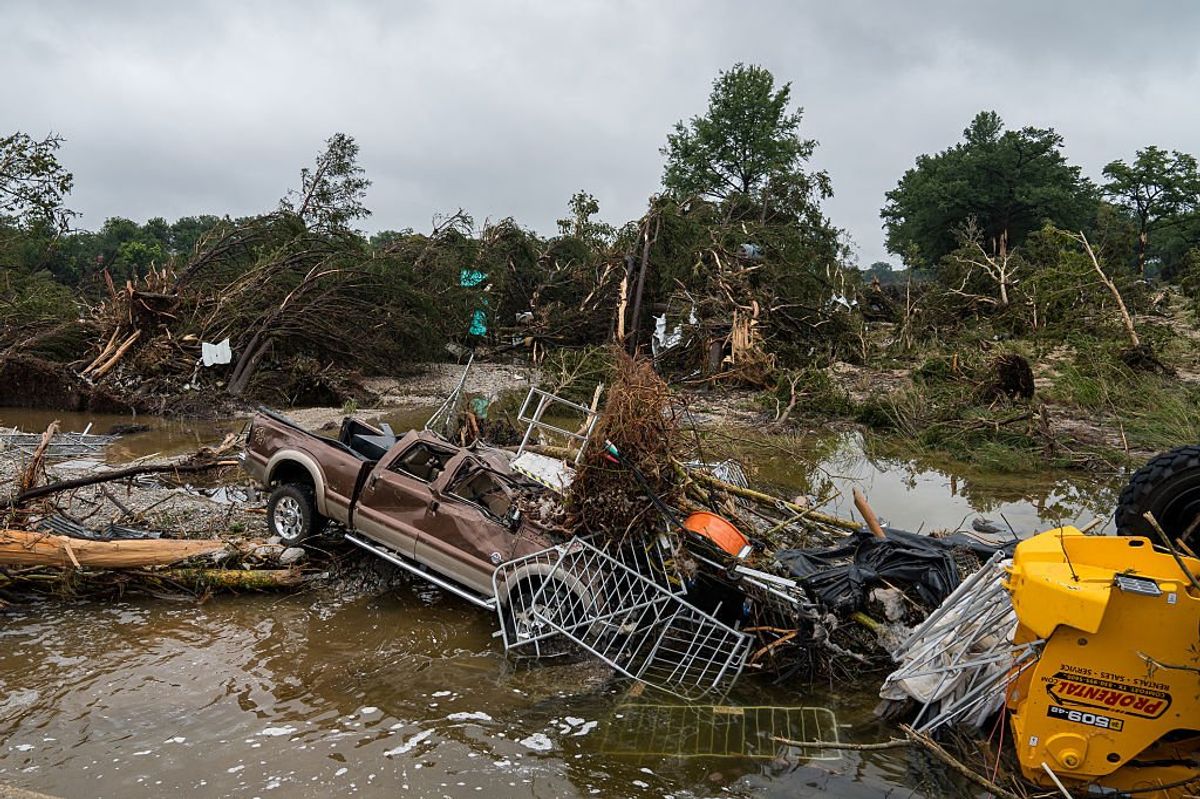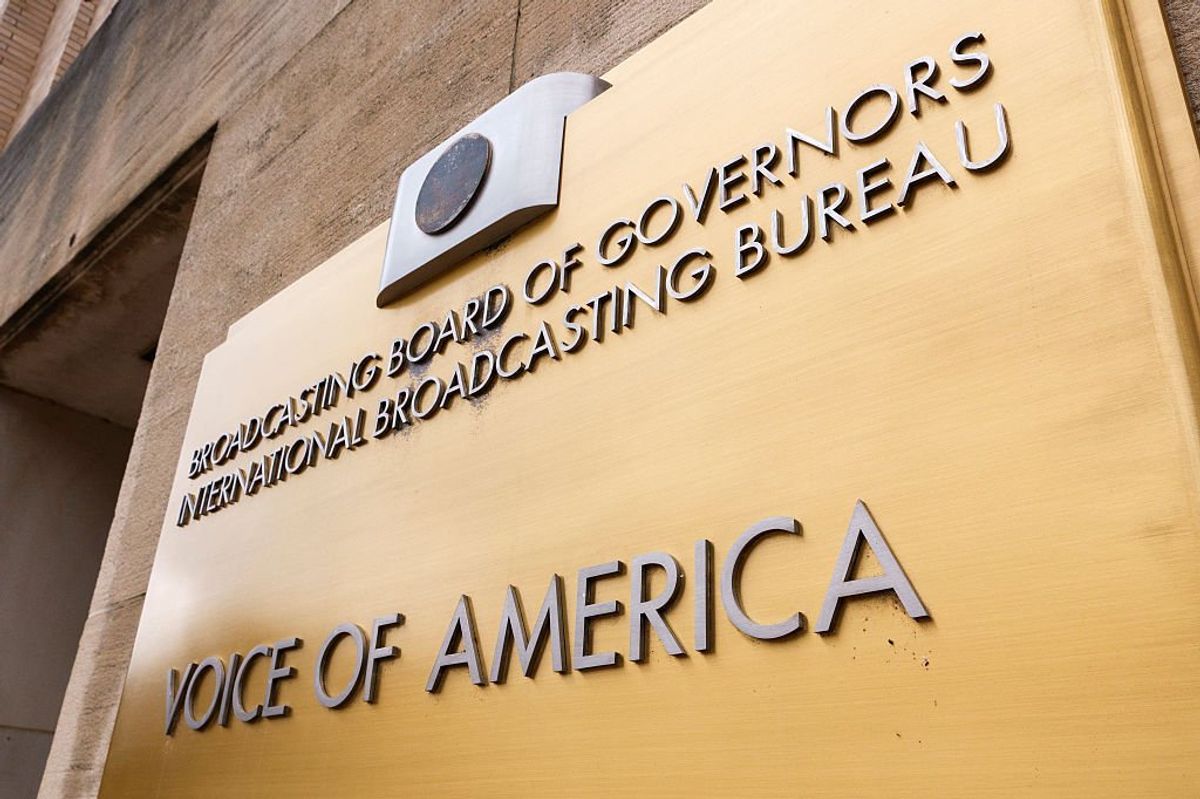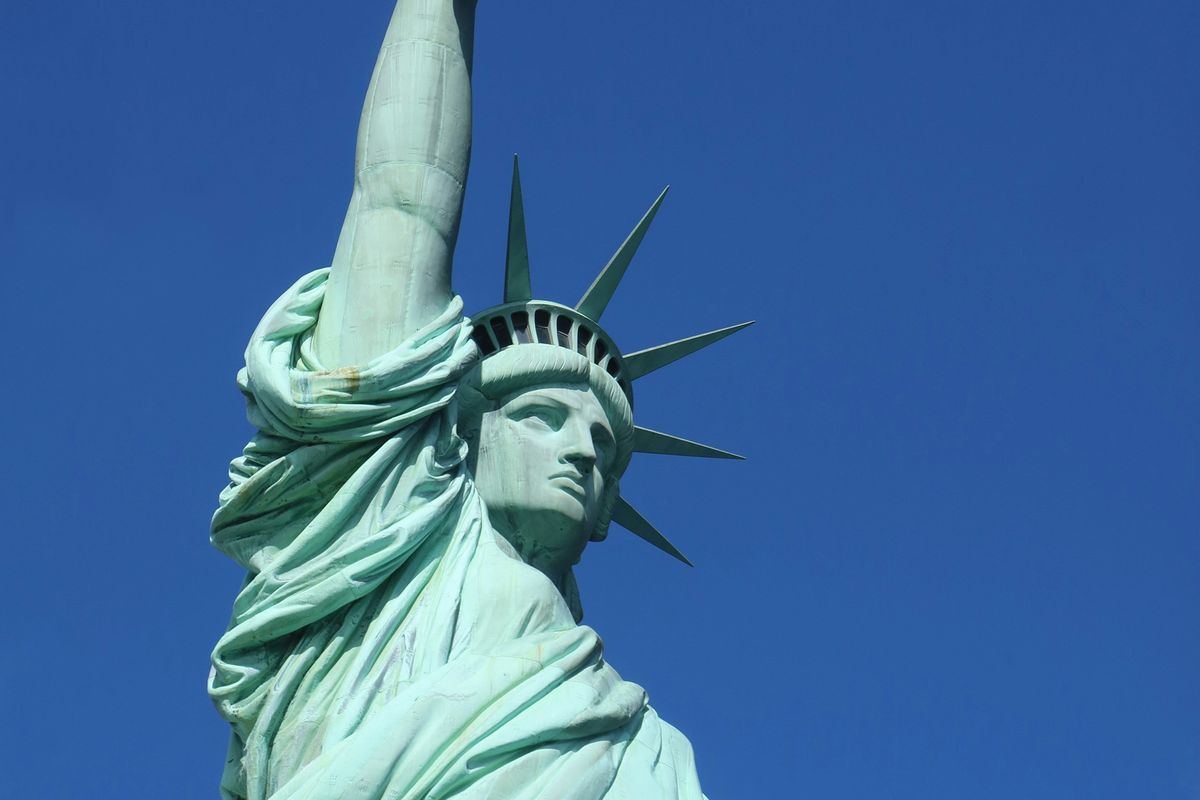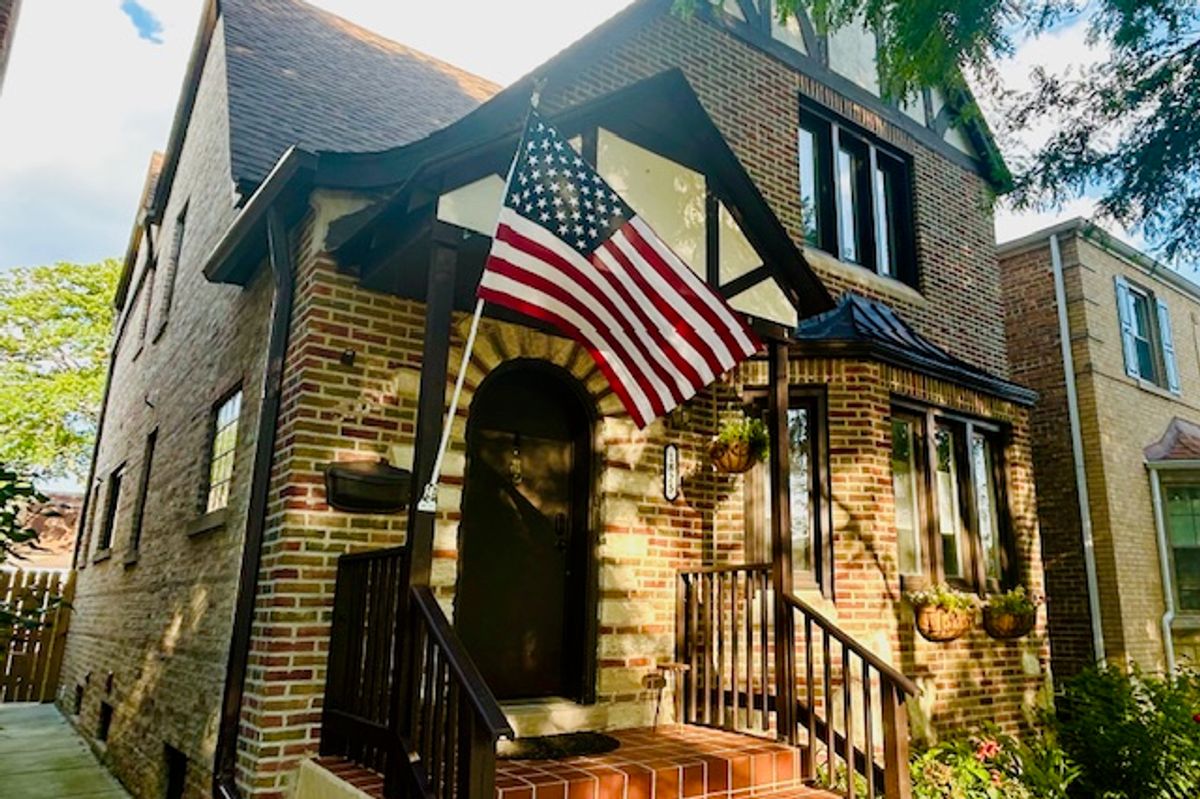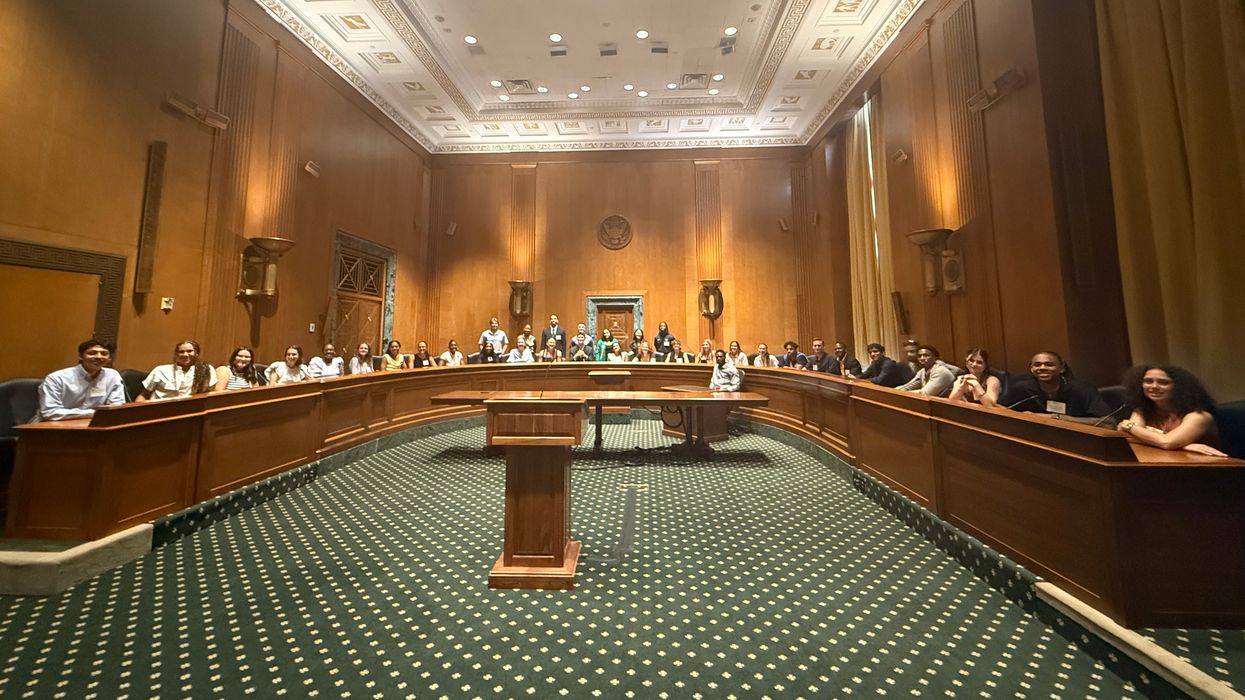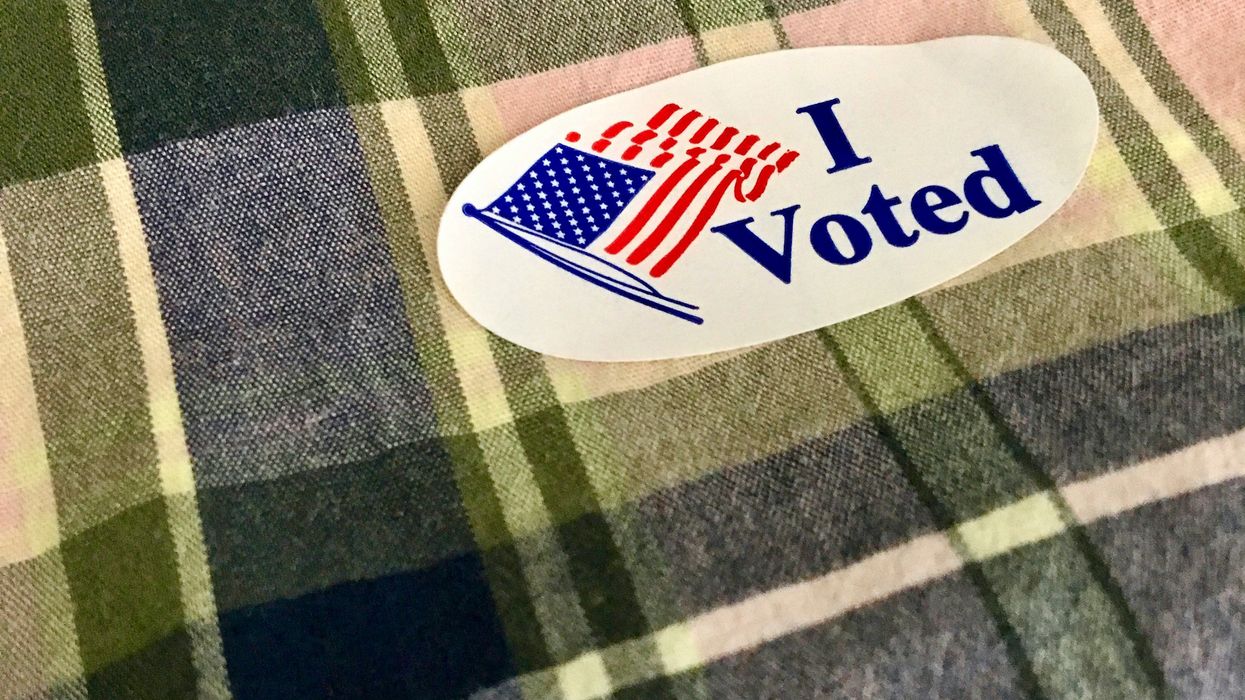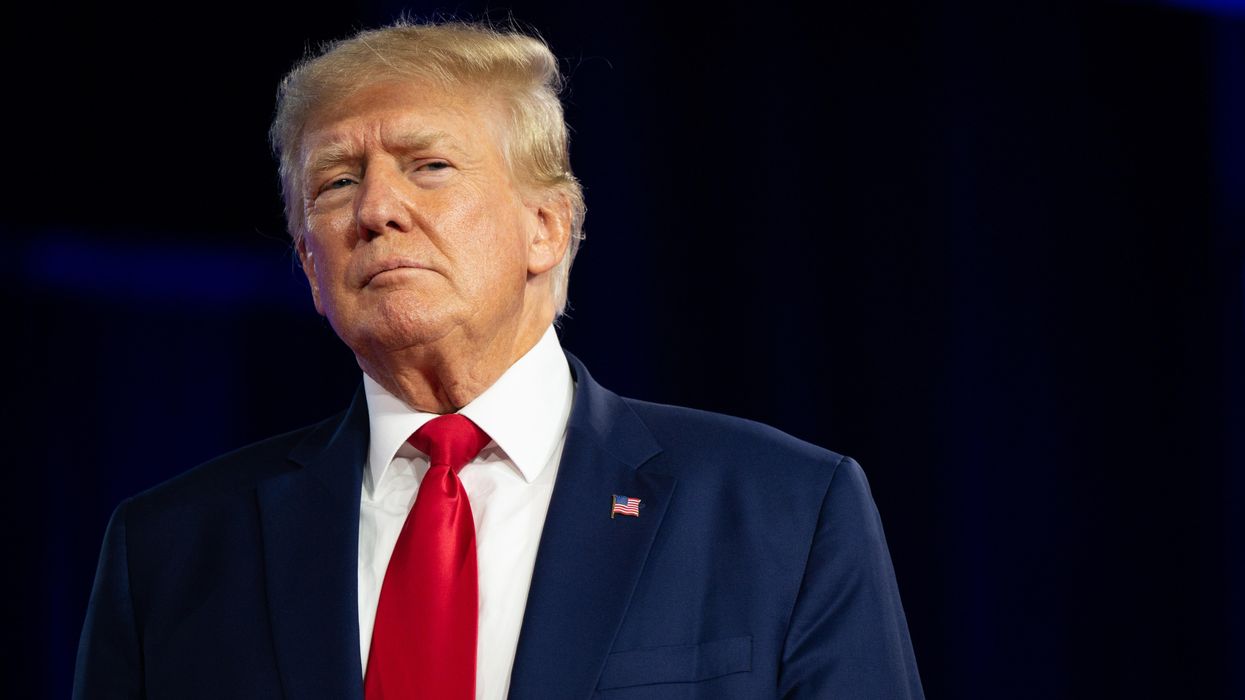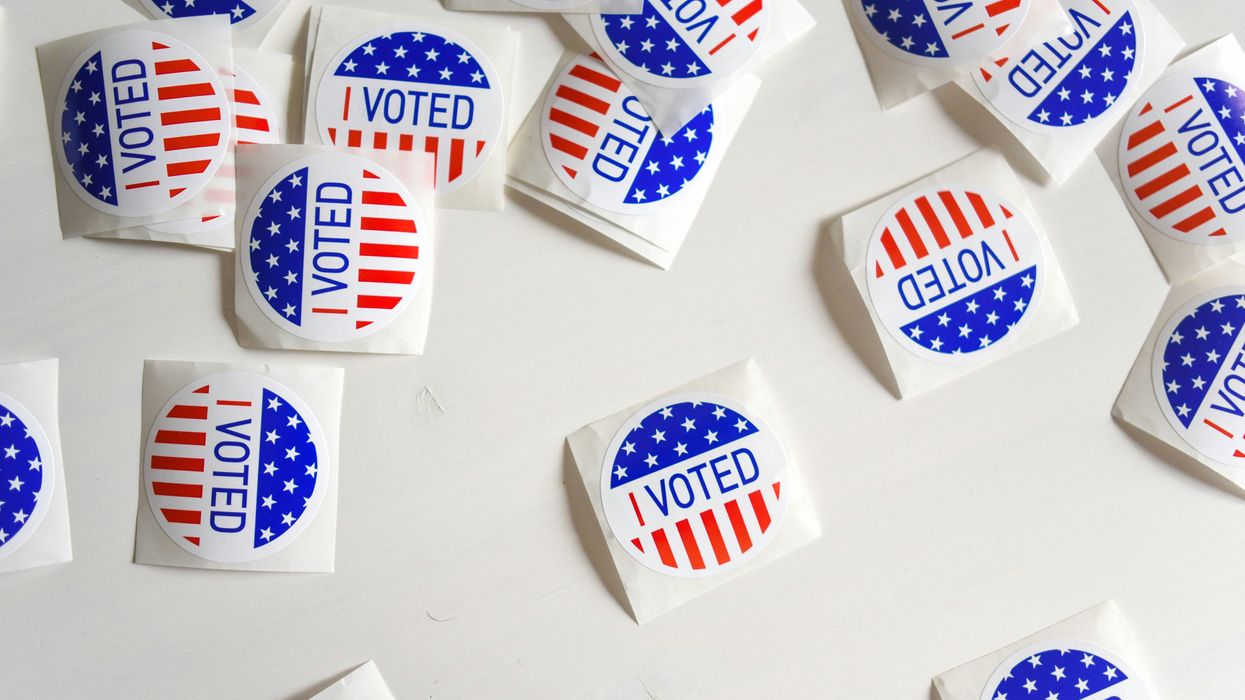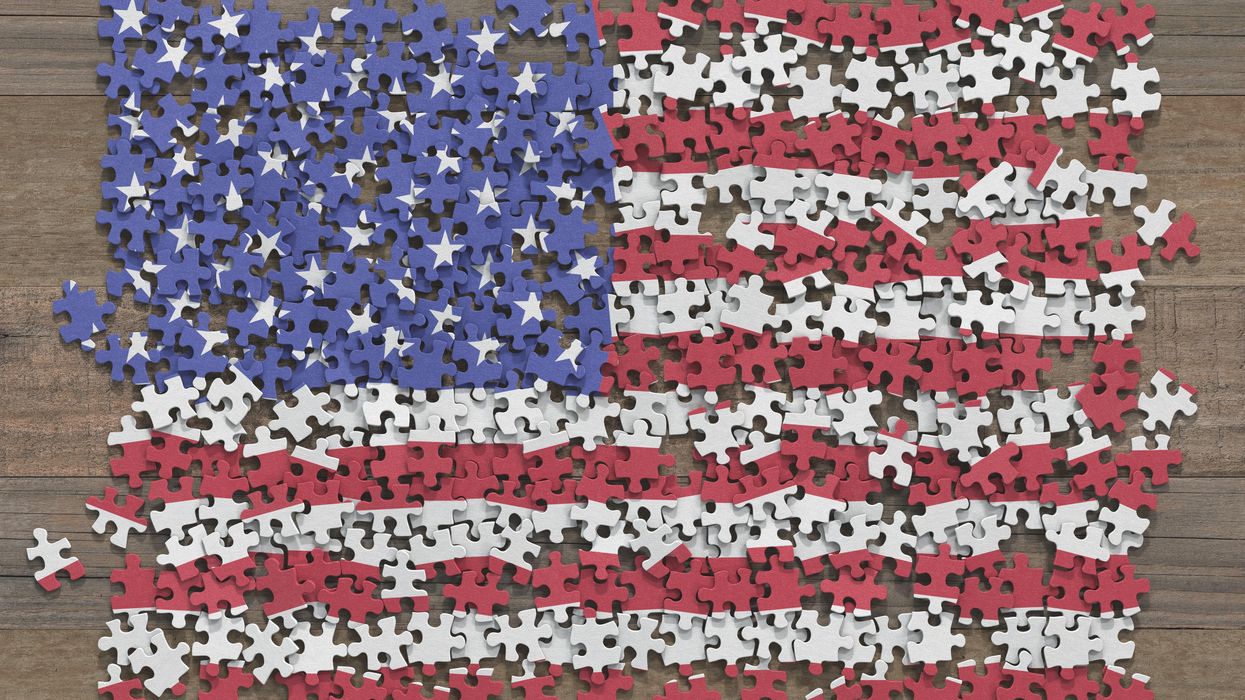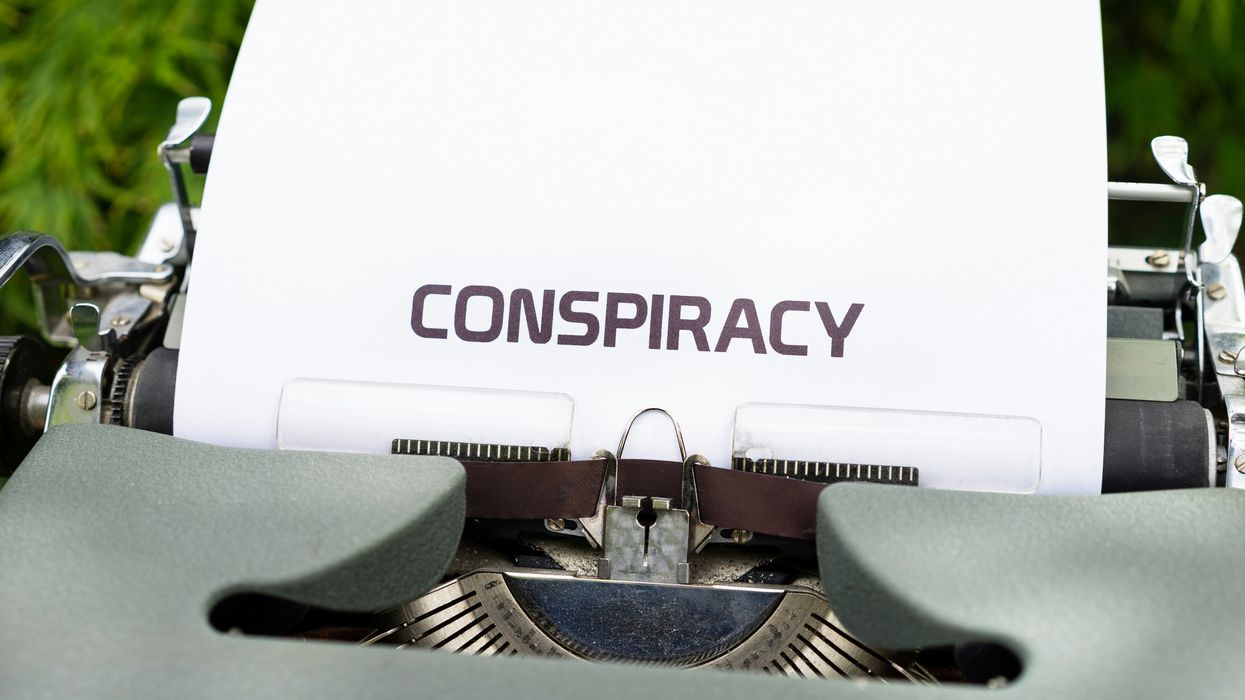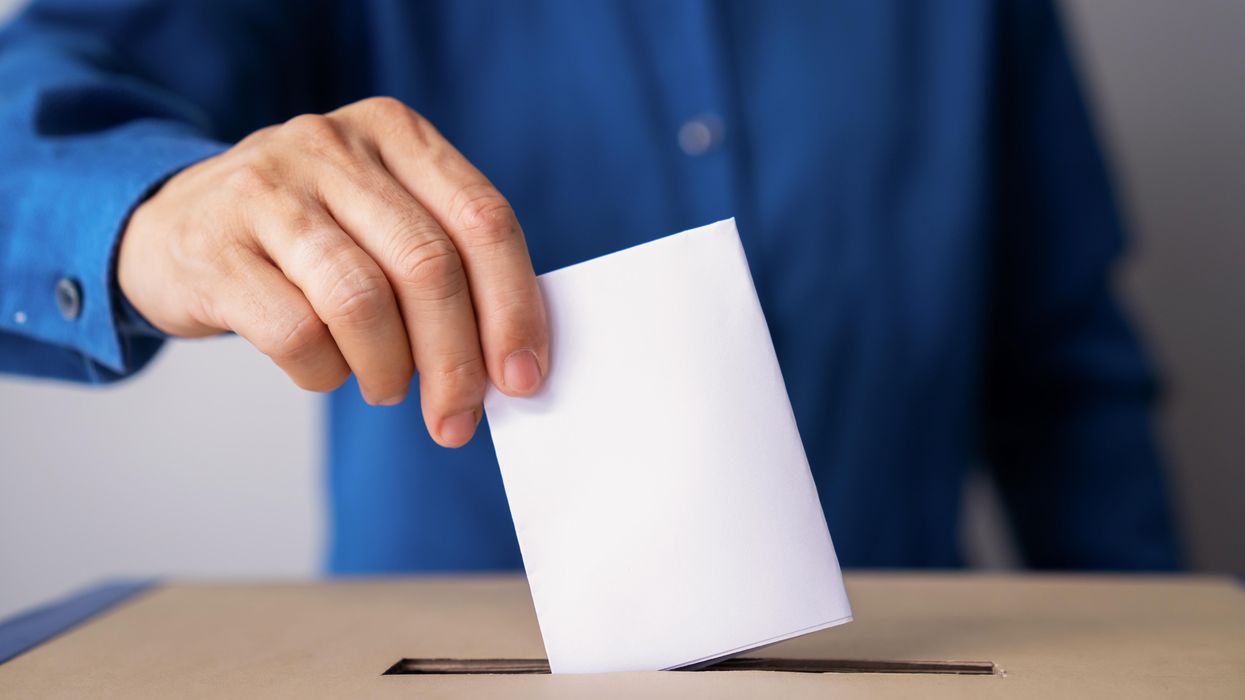Bonk is founder and CEO of Business for America, a nonprofit that seeks to mobilize corporate advocacy for democracy reform. Kase is CEO of the League of Women Voters and a board member of the Democracy Initiative, a coalition of 75 progressive groups advocating for democracy reform.
A recent and painful example is what House Democrats dubbed their Delivering for America Act, which would provide a much-needed infusion of $25 billion for the Postal Service and reverse unwise policy changes that have slowed down mail delivery. But this legislation is a bit different from the usual victims of hyperpartisanship in Congress.
The House passed the bill last month with a degree of bipartisan support that's really unusual these days: 26 Republicans, one out of every seven, joined the Democrats. But there is no prospect for a vote in the Republican Senate, where Majority Leader Mitch McConnell has dismissed the bill as a "partisan stunt."
Private-sector leaders need to make it clear that this kind of business-as-usual gridlock is unacceptable for the health of American businesses and the American economy.
We bring a unique twin perspective to this conversation. One of us is a former executive at an iconic American firm, Apple Inc., and the other helms America's most respected nonpartisan civic education organization, the League of Women Voters. Sometimes, for-profit and not-for-profit actors have different perspectives on public issues. Not this time. Prompt, reliable delivery of our nation's mail during the coronavirus pandemic — and throughout an election season where absentee voting has already started — is in everyone's best interest.
As a leader with a private-sector background, Postmaster General Louis DeJoy has the experience to recognize when he's made a mistake — and make it right. So he should put back the dismantled mail sorting machines, authorize overtime when necessary and stop sending empty mail trucks on interstate journeys in the name of "efficiency."
Any enterprise, public or private, must innovate with the times and seek efficient operations. But efficiency for its own sake is not a proper metric for an essential public service. As recognized in federal law, the USPS is "not a business enterprise conducted for profit." Instead, it is driven by its mission to connect Americans in every corner of the country.
Safeguarding our priceless democracy by enabling citizens to vote is an essential component of that mission. So is paving the way for businesses to connect with their customers.
You can't email groceries, pet food, household supplies or the thousands of other things customers are now buying online. No private shipper has the reach and resources for the essential last mile of delivery to every address in the United States.
Universal mail service is also a crucial way for startup entrepreneurs to reach new markets — giving the next pair of Steves or Sheryls or Shrinis, with a new gadget ready to ship from their garage, at least a fighting chance against bigger and more established firms.
In response to the coronavirus, voters are expressing a clear choice for safe, accessible options. In primary after primary this year, record numbers of voters chose to vote by mail. In the last presidential election, some 33 million ballots were cast that way. This time, the number is likely to more than double, to over 80 million.
Data indicates voting by mail does not benefit either political party — but it does benefit all voters. Those who vote from home, or go to a polling place to vote early, reduce their own health risks — and make polling places less crowded and less risky for election workers, volunteers and those who choose to vote in person on Election Day.
Just as businesses must react to consumer demand, every elected official — local, state and federal; Republican, Democrat and independent – must respond to the clear demand from voters for safe ways to participate in our democracy.
No voter should have to choose between their health and safety and exercising their constitutional right to vote. And no business should experience the uncertainty — and loss of sales, revenue and equity — that occurs when a collapse of trust in the electoral process drives political instability and then economic instability.
Public officials need to hear from all of us about what we expect to create a safe and fair election. And we all have a role to play, by making a plan to vote: by mail, at early voting centers, or in-person on Nov 3, just seven weeks away.
We're on track for a historic election, with high levels of participation across race, income, ideology and geography. Together, we'll be facing a stress test for our democracy. Can we protect our civic health and our public health at the same time? We believe the answer is yes, because American voters — unlike their elected representatives in Washington — understand that our politics can and should focus on the public interest, not on partisan infighting.
